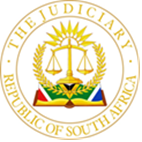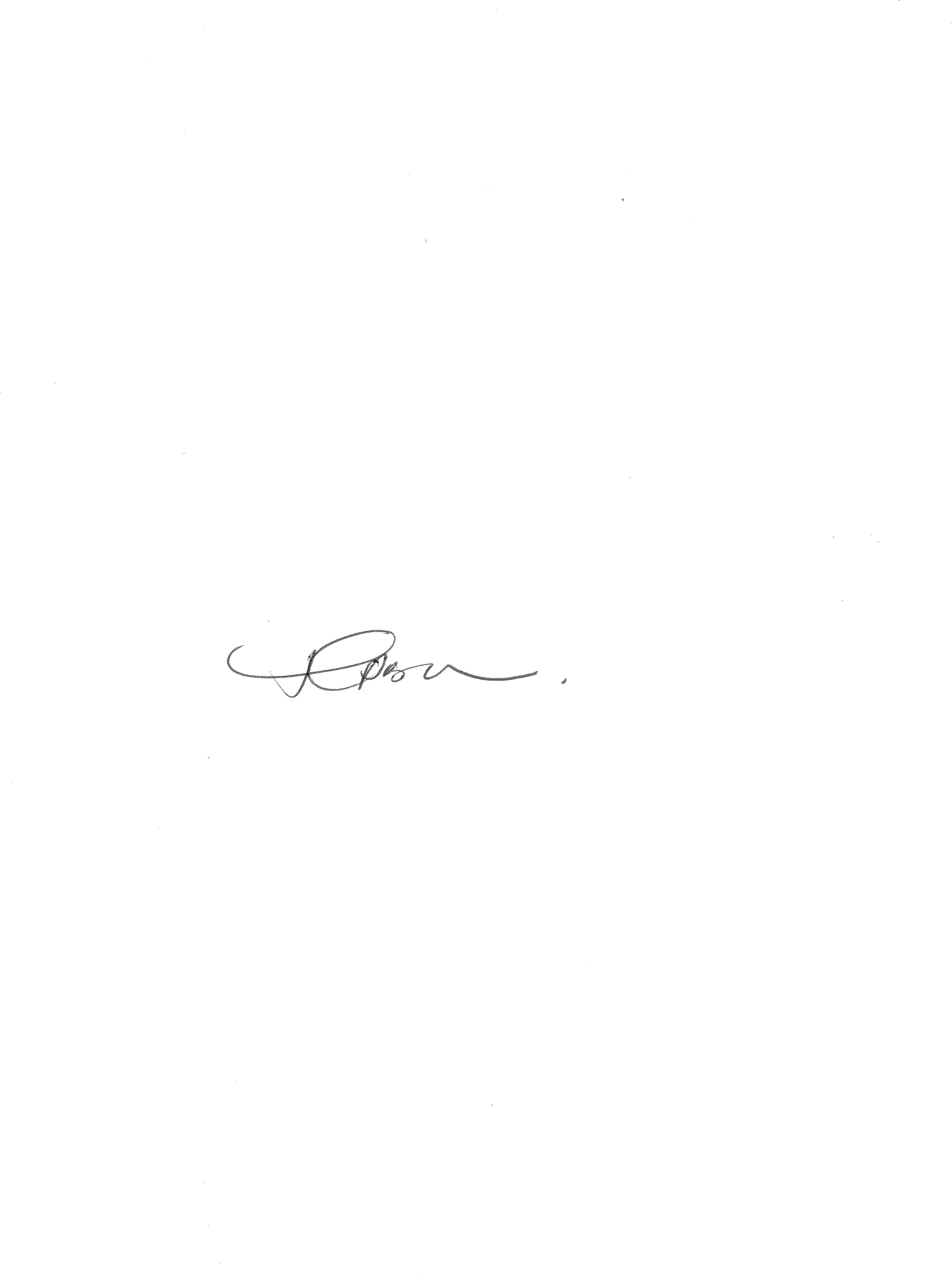REPUBLIC OF SOUTH AFRICA

THE HIGH COURT OF SOUTH AFRICA
GAUTENG DIVISION, PRETORIA
DELETE WHICHEVER IS NOT APPLICABLE: (1) REPORTABLE: (2) (3) REVISED:
14 17 August 2023 DATE SIGNATURE |
Case Number: 58969/2018
In the matter between: | |
LEBASHE INVESTMENT GROUP (PTY) LIMITED | First Excipient |
HARITH GENERAL PARTNERS (PTY) LIMITED | Second Excipient |
HARITH FUND MANAGERS (PTY) LIMITED | Third Excipient |
WHEATLEY, WARREN GREGORY | Fourth Excipient |
MAHLOELE, TSHEPO DAUN
| Fifth Excipient |
MOLEKETI, PHILLIP JABULANI and | Sixth Excipient |
UNITED DEMOCRATIC MOVEMENT | First Respondent |
HOLOMISA, BANTUBONKE HARRINGTON In re: | Second Respondent |
LEBASHE INVESTMENT GROUP (PTY) LIMITED | First Plaintiff |
HARITH GENERAL PARTNERS (PTY) LIMITED | Second Plaintiff |
HARITH FUND MANAGERS (PTY) LIMITED | Third Plaintiff |
WHEATLEY, WARREN GREGORY | Fourth Plaintiff |
MAHLOELE, TSHEPO DAUN
| Fifth Plaintiff |
MOLEKETI, PHILLIP JABULANI and | Sixth Plaintiff |
UNITED DEMOCRATIC MOVEMENT | First Defendant |
HOLOMISA, BANTUBONKE HARRINGTON | Second Defendant |
Delivered: This judgement was prepared and authored by the Judge whose name is reflected and is handed down electronically by circulation to parties/their legal representatives by email and by uploading it to the electronic file of this matter on Case lines. The date of the judgement is deemed to be 17 August 2023.
JUDGMENT
BOKAKO AJ;
Introduction
1. In this case, the excipient brought this application in terms of Rule 23 of the Uniform Rules of Court, wherein it excepts to the amended plea of the defendants, for it is vague and embarrassing and lacks averments necessary to sustain a defense.
2. The facts foundational to this case are that the excipients instituted an action for defamation against the defendants in August 2018. Arising from the impugned publication are statements in which the defendants petitioned the President of the Republic to investigate alleged impropriety at a public institution, the Public Investment Corporation. The President obliged and established a Commission of Inquiry. Three years later, after the original plea was delivered in October 2018, the defendants amended their plea by inserting paragraphs 6A and 15A. It is these amendments that causes discomfort to the plaintiffs.
Issue to be determined
3. The issue for determination before this Court is whether the defendant's plea is excipiable. It is trite that an exception is a legal objection to a defect in the opponent's pleading.1 The object of an exception is to dispose of the case or a portion thereof expeditiously and to protect a party against an embarrassment from pleading.'2 An exception should be dealt with sensibly rather than over technically3. An over-technical approach should be avoided because it destroys the usefulness of the exception procedure, which is designed to weed out cases without legal merit.'4
4. In the recent past, the Supreme Court of Appeal per Ponnan JA in Luke M Tembani and Others v President of the Republic of South Africa and Another (Case no 167/2021) [2022] ZASCA 70 (20 May 2022) referring to the authorities quoted above stated the following:
"[14]: While exceptions provide a useful mechanism to weed out cases without legal merit, it is nonetheless necessary that they be dealt with sensibly. It is where pleadings are so vague that it is impossible to determine the nature of the claim or where pleadings are bad in law because their contents need to support a discernible and legally recognized cause of action; that exception is competent. The burden rests on an excipient, who must establish that on every interpretation that can reasonably be attached to it, the pleading is excipiable. The test is whether, on all possible readings of the facts, no cause of action may be made out, it being for the excipient to satisfy the court that the conclusion of law for which the plaintiff contends cannot be supported on every interpretation that can be put upon the facts."
5. Before proceeding with the discussion, it is helpful to restate the causes of the complaint of the excipient, which are as follows:
5.1. The causes of the complaint raised by the plaintiff only relate to paragraphs 6A.1 to 6A.67 and 15A of the defendant's plea, as amended on 14 November 2022, contending that the amendments to the plea lack averments necessary to sustain a defense.
Submissions by Counsels
6. The plaintiff argued that paragraph 6A of the plea consists of several lengthy quotations from the Report of the Commission of Inquiry into allegations of impropriety regarding the Public Investment Corporation (“the PIC Report”). It is contended further that this report constitutes a mixture of evidence construed, opinions expressed, observations recorded, findings arrived at, and recommendations made by a tribunal that is neither a court of law nor a final arbiter of fact. Therefore, incorporating such material into the plea is impermissible and does not serve any purpose. Furthermore, so the argument went, that the report's contents have no possible bearing on the meaning of the letter and the tweet published.
7. It was argued further that, the defendants incorporated the report's contents into the plea instead of pleading a clear and concise statement of material facts, which is entirely at odds with the rules of pleading therefore this plea prejudices the plaintiffs in preparing their case.
8. The defendants argued that they are duty-bound to raise the issues of impropriety at state institutions, as argued in the initial plea; thus a public interest defense was triggered, and this has always been the defendants’ case. Furthermore, it was contended that an amendment, once granted and effected, renders the amended plea as if it was pleaded as amended from the beginning. It was also argued that the amendment does nothing but introduce what an independent commission established by the President concluded on the impugned statement and its allegations.
9. I now consider whether the defendant's plea is excipiable in that it lacks the averments necessary to sustain a defense. It is important to emphasize that a pleading must be considered as a whole and not only the impugned paragraphs5. In Salzmann v Holmes6, Innes JA defined an exception as follows: ‘An exception goes to the root of the entire claim or defense, as the case may be.
10. At the very outset, this court is not persuaded by the excipient's contention that there is no defense upon every interpretation of the plea. The excipient must establish that the pleading in totality and any interpretation that could be attributed to it, does not sustain a defence and not by merely stating specific paragraphs in a pleading. Secondly, the excipient must satisfy the court that it would suffer prejudice if the exception is not upheld.
11. The question in the present matter is whether the defendant's amended plea contains sufficient particularity to sustain their defense. The case must always be whether the plea, as amended, raises a legally triable issue or not. I do not agree with the plaintiff's contention that paragraphs 6A.1 to 6A.67, and 15A, of the plea are directed solely at the meaning of the letter and the tweet.
12. It is my considered view that this amendment introduces what was concluded by the independent commission on the statement and its allegations. It is a fact that the commission sustained the allegations contained in the impugned statements. The findings of the commission have been pleaded which are said to be facts established. It is permissible that the defense can bring a new ground through an amendment, as correctly referenced by the defense. Erasmus commented, "If a new ground for defense comes to the defendant's knowledge for the first time after he has filed his plea, he will be allowed to amend his plea." I agree with the defendant's contentions that an amendment, once granted and effected, renders the amended plea as if it was pleaded as amended from the start. There is no distinction between the initial and amended plea in that the amended plea assumes the place of the initial plea.
13. I agree with the defendant's contention that the amendment does nothing but introduce what an independent commission established by the President concluded on the impugned statement and its allegations. I also find that the defendant's pleading contains a clear and concise statement of the material facts with sufficient particularity to enable the plaintiff to replicate, if necessary.
Conclusion
14. Inevitably, the exception falls to be dismissed because the defendant's pleading does not lack the averments necessary to defend the action.
In the premises, I make the following order: 
1. The exception is dismissed with costs
T BOKAKO
Acting Judge of the High Court
Gauteng Local Division, Pretoria
HEARD ON: 17 MAY 2023
JUDGMENT DATE: 17 AUGUST 2023
FOR THE PLAINTIFF Adv. D I BERGER SC and B M SLON
FOR THE DEFENDANT: Adv. MM KA-SIBOTO
1 Champion v JD Celliers and Co Ltd 1904 TS 788 at 790-791; Makgae v Sentra Boer (Koöperatief) Bpk 1981 (4) SA 239 (T) at 244H-245A per Ackerman J.
2 DE van Loggerenberg and E Bertelsmann Erasmus: Superior Court Practice (RS 18, 2022) at D1-296 (hereinafter referred to as ‘Erasmus’), referencing amongst others Barclays National Bank Ltd v Thompson 1989 (1) SA 547 (A) at 553F-I; Mtetwa v Minister of Health 1989 (3) SA 600 (D) at 604B-C; Pretorius and another v Transport Pension Fund and others [2018] ZACC 10; 2019 (2) SA 37 (CC) at 44F-G; Brocsand (Pty) Ltd v Tip Trans Resources and others [2020] ZASCA 144; 2021 (5) SA 457 (SCA).
3 Erasmus at D1-298A, referencing amongst othersTelematrix (Pty) Ltd t/a Matrix Vehicle Tracking v Advertising Standards Authority SA 2006 (1) SA 461 (SCA) at 465H.
4 Living Hands (Pty) Ltd and another v Ditz and others 2013 (2) SA 368 (GSJ) para 15(e).
5 Nel and others NNO v McArthur and others 2003 (4) SA 142 (T) at 149F.
6 Salzmann v Holmes 1914 AD 152 at 156.
4
